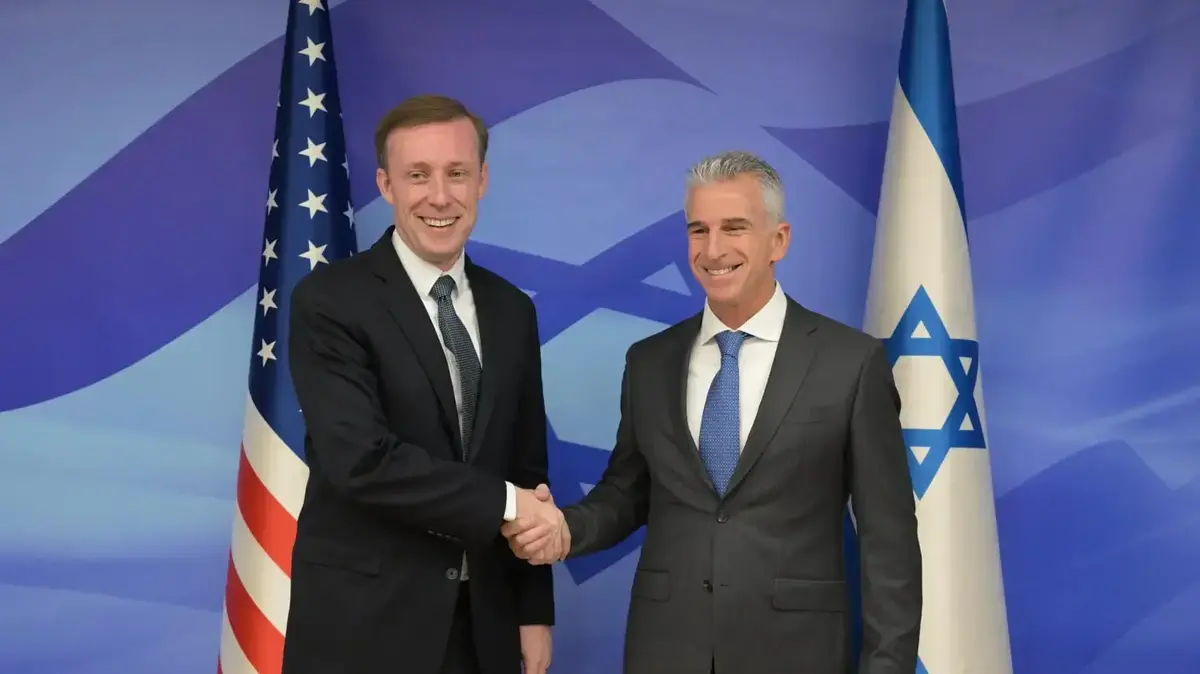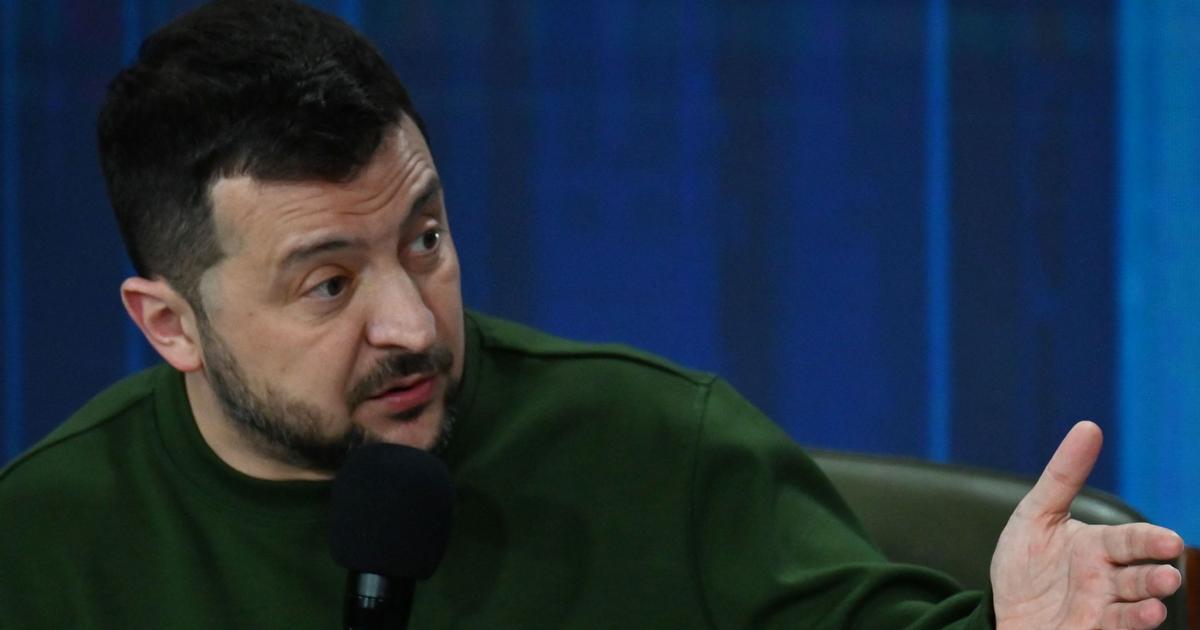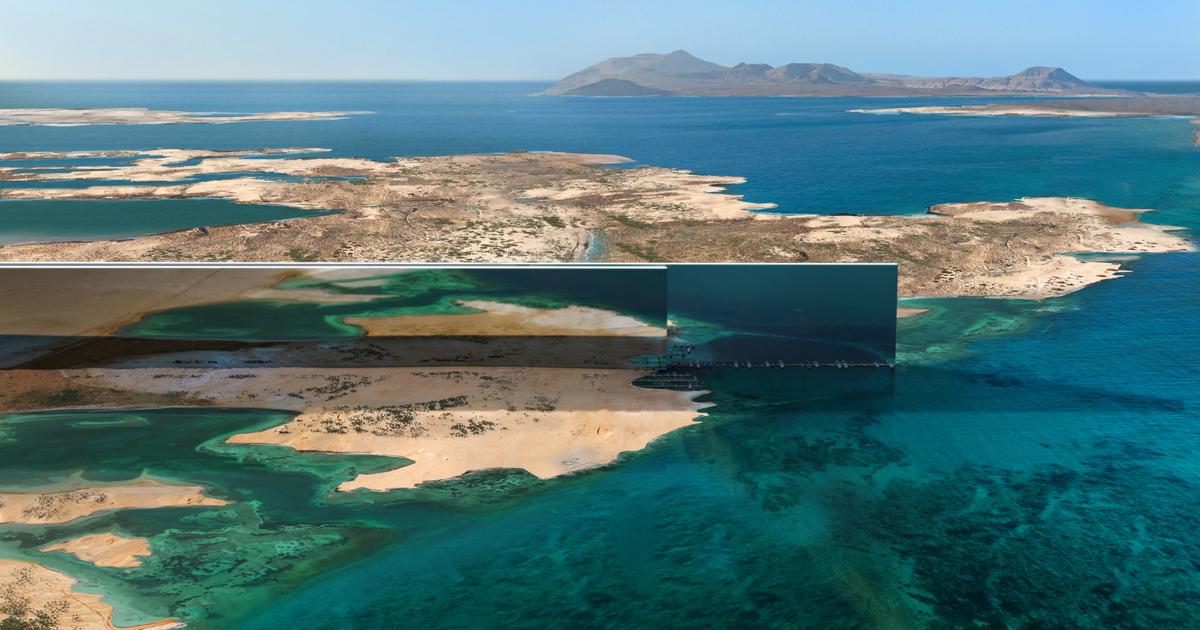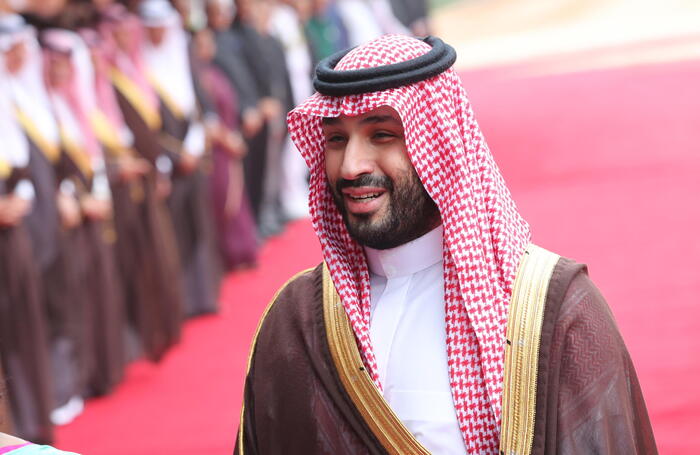Since the personal bodyguard of the Saudi King Salman was shot dead in late September, there are persistent rumors that Crown Prince Mohammed bin Salman (MbS) is involved in the case.
The bodyguard, Major General Abdul Asis al-Faghm, was shot dead in a private property in the Saudi Arabian port of Jeddah after a verbal battle with a friend. More is not known about the case.
Opponents claim that Faghm had to die because he had a negative influence on the king and endangered the succession of the young prince.
SPIEGEL: Are there any serious indications that the Crown Prince had a hand in the murder of his father's bodyguard?
Haykel: Abdul Asis al-Faghm already served this and the previous king as a bodyguard. Why should it now come to this escalation? I do not think much of this conspiracy. The king publicly condoled the family of Faghm together with the crown prince. That speaks rather for sincere mourning.
SPIEGEL: Does the Crown Prince really control who is allowed to see the king?
Haykel: I hear this occasionally, but I can not see that the king has doubts about the Crown Prince or is annoyed.
SPIEGEL: What is the Saudi heir to the throne for a human being?
Haykel: I met Mohammed bin Salman before 2017, so before he was named crown prince. I've met him about once a year since then. He is impressive, charismatic - and hard.
SPIEGEL: How consolidated is his position of power, will he become king?
Haykel: Mohammed bin Salman has many enemies. His power seems to me but well secured. There were supposedly at least two attempts to kill him - one by a combat drone over his palace in Riyadh, another by IS or al Qaeda terrorists in Jeddah. Both attacks failed. The heir to the throne is extremely well guarded by the Royal Guard.
SPIEGEL: Who are the greatest enemies of the heir to the throne?
Hyakel: One is certainly the Turkish President Recep Tayyip Erdogan, but of course Iran. Many American intelligence agents do not like him because MbS has eliminated former Crown Prince Mohammed bin Najef, who was their candidate for the throne. The media does not like him and the human rights organizations also criticize MbS for the murder of Jamal Khashoggi and his proximity to US President Donald Trump.
SPIEGEL: Does the Crown Prince threaten danger from inside the kingdom?
Haykel: It may be that some are looking for revenge. MbS has disempowered and deprived many men within the royal family, as well as many businessmen and high officials, and billions of dollars. There are many older uncle and cousins who think they are better suited as future king. But, as grievous as they are, all these princes have neither soldiers nor power.
SPIEGEL: How capable do you think the young ruler is?
Haykel: MbS has succeeded in a short time to break the power of religious fundamentalists and to initiate profound social changes. That's a big achievement. Its goal of diversifying the Saudi Arabian economy and making it less dependent on oil is less successful. His foreign policy balance is not particularly honorable.
SPIEGEL: You are talking about the Yemen war?
Haykel: MbS wanted to stop Iran's influence in Yemen and beat back the Houthi rebels. He also intended to discipline the Emirate of Qatar and dissuade the ruling family in Doha from their cooperation with the Muslim Brotherhood and Iran. Both failed. With recent attacks on the oil factories, Iran has shown that it is always in a position to disrupt global oil supplies. For Riyadh this event was a traumatic shock, much like the 9/11 attacks in New York. MbS is experiencing the limits of its power here.
SPIEGEL: Many Western heads of state and government would rather have nothing to do with MbS, Angela Merkel, for example.
Haykel: Unfortunately, Mrs. Merkel can not choose who governs Saudi Arabia. If MbS is not killed, he will stay king and that for a very long time. You will have to deal with it.
SPIEGEL: What do you advise Western politicians who, unlike US President Donald Trump, find it difficult to deal with MbS?
Haykel: MbS is not easy. And I doubt that he can reverse his image quickly. It is up to each one to judge whether he considers the glass half empty or half full.
SPIEGEL: Are you guessing that politicians should overlook the human rights violations?
Haykel: I do not defend MbS. But Saudi Arabia is not Norway, but a difficult country. They have there on the one hand the murder of Khashoggi and the repression. The Crown Prince has jailed a few hundred people.
SPIEGEL : According to own data at least 1500 people.
Haykel : But compared to dictators like Abdel Fattah el-Sisi in Egypt and Bashar al-Assad in Syria, he is not as brutally brutal.
SPIEGEL: For a few days now, there has been a new, terrible theater of war in the region, the Turkish offensive in northern Syria. Well over a hundred thousand people were expelled from their homes. Why does not the region calm down?
Haykel : These are the consequences of the American withdrawal from the Middle East, which began under former President Barack Obama. The US-led wars in the region failed, wasted endless amounts of money and blood, and Washington still failed to translate its military strength into political power. Now the US is just exhausted.
SPIEGEL: Who will fill the vacuum?
Haykel: Iran shows strength, Turkey suddenly turns up in the Persian Gulf and in the Red Sea - and Russia is everywhere anyway. Vladimir Putin will push into this gap. Conversely, America's allies in the region - including Saudi Arabia - naturally panic. They find that they can no longer rely on Washington.
SPIEGEL: What could the region look like in ten years?
Haykel: The conflicts are increasing, there are even more failed states. The consequences will be felt above all by the Europeans. All these countries have many young people whose governments can not give them any opportunities. Europe has only just seen the beginning of a much larger stream of refugees.













